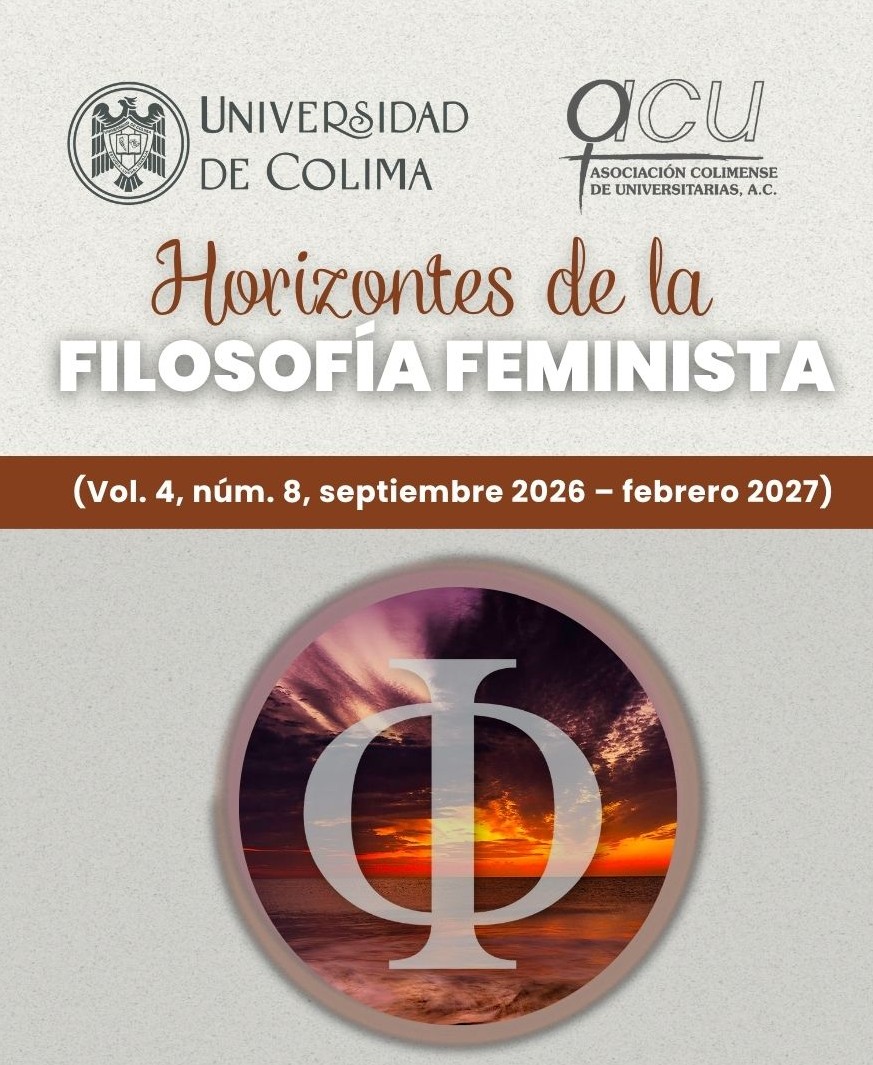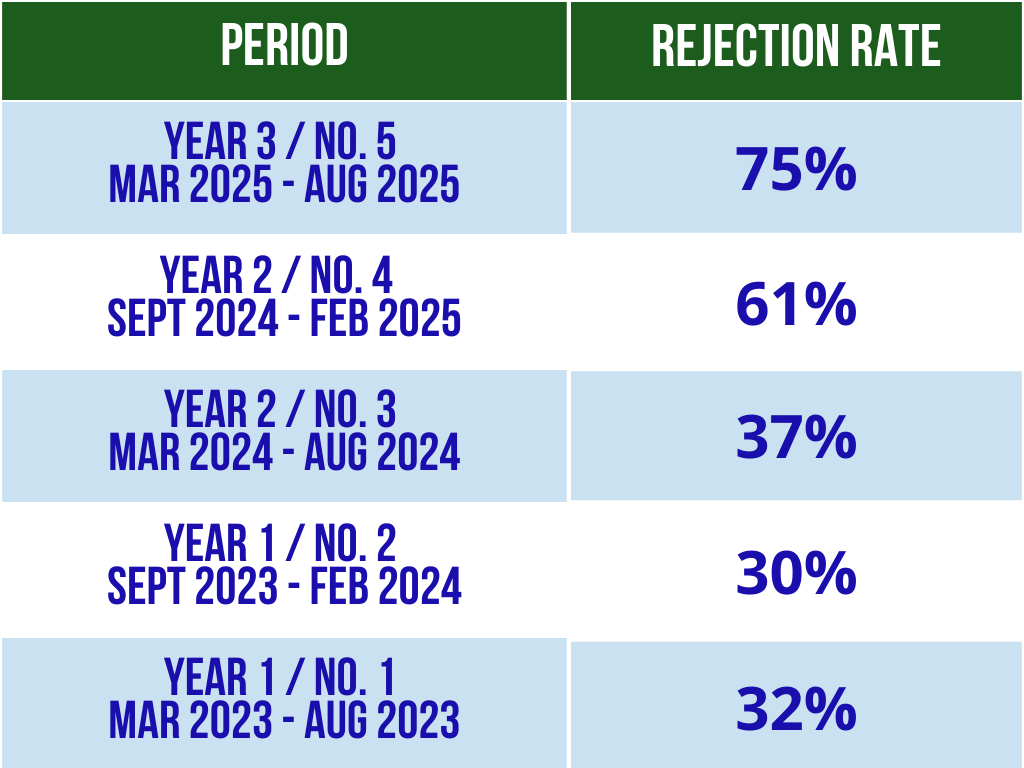Youth Sexualities:
Practices and Emotions During the COVID-19 Pandemic
Keywords:
sexuality, youth, gender, emotions, COVID-19 pandemicAbstract
Sexuality has received relatively little attention in discussions about the COVID-19 pandemic social effects. The subjective construction of sexuality at this juncture is still a gap of inquiry. From a psychosocial and feminist perspective, this article explores the effects of this health
contingency on the young population sexual experience through emotions. To reach this goal 10 women and 9 men were contacted using snowball sampling and interviewed online. Grounded Theory suggested processes guided the information analysis. Results indicate that gender and youth conditions are interwoven in circumstances and emotions of discomfort linked to the inequality generated by these categories. Among those asymmetric experiences, there is a higher vulnerability and eroticism denial for women and little autonomy for young people. In the face of the pandemic, participants’ sexual emotionality was associated with alterations in desire, as well as linked to a decrease in partner interactions, intimate spaces, and sexual practices. In contrast, our analysis captured areas of erotic-affective negotiation, sexual experimentation, and
agency. These findings contribute to understand how sexuality and intimacy are experienced during risky social situations and conditions of generalized insecurity and give visibility to the power relations surrounding them.
Downloads
Metrics
References
Brinkmann, S., y Kvale, S. (2015). InterViews: Learning the craft of qualitative research interviewing (3rd ed.). Estados Unidos: Sage.
DeLamater, J. (1991). Emotions and Sexuality. En: K. McKinney y S. Srecher (eds.), Sexuality in Close Relationships (pp. 49-70). Estados Unidos: Lawrence Earlbaum Associates.
Denzin, N. K. (2007). On Understanding Emotion. Reino Unido: Routledge.
Duarte, C. (2016). Genealogía del adultocentrismo. La constitución de un Patriarcado Adultocéntrico. En: C. Duarte y C. Álvarez (eds.), Juventudes en Chile. Miradas desde jóvenes que investigan (pp. 17-47). Chile: Facultad de Ciencias Sociales, Universidad de Chile.
Hochschild, A. R. (2012). The Managed Heart. Commersialization of Human Feeling. Estados Unidos: University of California Press.
Mayan, M. (2016). Essentials of Qualitative Inquiry. Estados Unidos: Routledge.
Patton, M. Q. (2015). Qualitative research and evaluation methods (4° ed.). Estados Unidos: Sage.
Plummer, K. (2012). Critical Sexualities Studies. En: G. Ritzer (ed.), The Wiley‐Blackwell Companion to Sociology (pp. 243-269). Reino Unido: Wiley‐Blackwell.
Przybylo, E. (2016). Introducing Asexuality and Asexuality Studies. En: S. Seidman y N. Fischer (eds.), Introducing the New Sexuality Studies (3° ed.) (pp. 181-191). Estados Unidos: Routledge.
Rubin, G. (1984). Thinking Sex: Notes for a Radical Theory of the Politics of Sexuality. En: C. Vance (ed.), Pleasure and danger: exploring female sexuality (pp. 267-319). Estados Unidos: Routledge.
Salmons, J. (2017). Using Social Media in Data Collection: Designing Studies with the Qualitative E-Research Framework. En: L. Sloan y A. Quan-Haase (eds.), The SAGE Handbook of Social Media and Research Methods (pp. 177-196). Reino Unido: Sage.
Schrock, D., y Knop, B. (2014). Gender and Emotions. En: J. E. Sets y J. H. Turner (eds.), Handbook of Sociology of Emotions: Volume II (pp. 411-428). Estados Unidos: Springer.
Shields, S. A.; Garner, D. N.; Di Leone, B., y Hadley, A. M. (2006). Gender and emotion. En: J. E. Sets y J. H. Turner (eds.), Handbook of the Sociology of Emotions (pp.63-88). Estados Unidos: Springer.
Strauss, A., y Corbin, J. (2014). Basics of Qualitative Research: Techniques and Procedures for Developing Grounded Theory (4° ed.). Estados Unidos: Sage.
Weeks, J. (2010). Sexuality (3° ed.). Estados Unidos: Routledge.
Sitios Web:
Barbieri, T. de (1993). Sobre la categoría género. Una introducción teórico-metodológica. En: Debates en Sociología, 18, pp. 145-169. Consultado el 29 de abril de 2019. Disponible en https://bit.ly/3piIVBV.
Bard, G., y Artazo, G. (2017). Pensamiento feminista latinoamericano: reflexiones sobre la colonialidad del saber/poder y la sexualidad. En: Cultura y representaciones sociales, 11(22), pp. 193-219. Consultado el 22 de marzo de 2021. Disponible en https://bit.ly/3fgnejI.
Cruwys, T.; Stevens M., y Greenaway, K. H. (2020). Asocial identity perspective on COVID-19: Health risk is affected by shared group membership. En: British Journal of Social Psychology, Consultado el 22 de marzo de 2021. Disponible en https://doi.org/f3m4.
Denzin, N. K. (1985). Emotion as Lived Experience. En: Symbolic Interaction, 8(2), pp. 223-240. Consultado el 19 de octubre de 2020. Disponible en https://doi.org/czrxmp.
Gelpi, G. I., y Silvera, N. (2020). Violencia homo-lesbo-transfóbica a nivel familiar y COVID-19 en Uruguay. En: Revista Argentina de Estudios de Juventud, (14), e047. Consultado el 9 de septiembre de 2020. Disponible en https://doi.org/frx3.
Jackson, S., y Scott, S. (2007). Faking Like a Woman? Towards an Interpretive Theorization of Sexual Pleasure. En: Body & Society, 13(2), pp. 95-116. Consultado el 26 de diciembre de 2019. Disponible en https://doi.org/cjf3m3.
Laz, C. (1998). Act your age. En: Sociological Forum, 13(1), pp. 85-113. Consultado el 3 de diciembre de 2019. Disponible en https://doi.org/dk7vpd.
Lehmiller, J. J.; Garcia, J. R.; Gesselman, A. N., y Mark, K. P. (2020). Less Sex, but More Sexual Diversity: Changes in Sexual Behavior during the COVID-19 Coronavirus Pandemic. En: Leisure Sciences. Consultado el 8 de septiembre de 2020. Disponible en https://doi.org/gg367g.
Organización mundial de la salud (2018). La salud sexual y su relación con la salud reproductiva: un enfoque operativo. En OMS. Consultado el 2 de julio de 2020. Disponible en https://bit.ly/36aAhxI.
Palacios-Tavara, M.; Torres-Romero, G.; Zambrano-Macías, J., et al. (2020). COVID-19: Sexuality and Adaptation in Times of Pandemic. En: International Journal of Research, 8(7), pp. 272-278. Consultado el 6 de septiembre de 2020. Disponible en https://doi.org/frx4.
Platero, R. L., y López, M. Á. (2020). “Perder la propia identidad”. La adolescencia LGTBQA+ frente a la pandemia por COVID-19 y las medidas del estado de alarma en España. En: Sociedad e Infancias, 4, pp. 195-198. Consultado el 6 de septiembre de 2020. Disponible en https://doi.org/frx5.
Rampin, R.; Steeves, V., y DeMott, S. (2020). Taguette (Version 0.9.2). En: Zenodo. Consultado el 6 de septiembre de 2020. Disponible en https://doi.org/frx6.
Riley, T.; Sully, E.; Ahmed, Z., y Biddlecom, A. (2020). Estimates of the Potential Impact of the COVID-19 Pandemic on Sexual and Reproductive Health in Lowand Middle-Income Countries. En: International Perspectives on Sexual and Reproductive Health, 46, pp. 73-76. Consultado el 9 de septiembre de 2020. Disponible en https://doi.org/ggtx7d.
Rodríguez, T., y Rodríguez, Z. (2020). Intimidad y relaciones de pareja durante la pandemia de la COVID-19 en Guadalajara. En: Espiral Estudios Sobre Estado y Sociedad, 27(78), pp. 215-264. Consultado el 9 de septiembre de 2020. Disponible en https://doi.org/frx7.
Shields, S. A. (2005). The politics of emotion in everyday life: “appropriate” emotion and claims on identity. En: Review of General Psychology, 9(1), pp. 3-15. Consultado el 31 de agosto de 2020. Disponible en https://doi.org/bv7wtp.
West, C., y Zimmerman, D. H. (1987). Doing Gender. En: Gender & Society, 1(2), 125-151. Consultado el 5 de febrero de 2019. Disponible en https://doi.org/bm4wnp.
Downloads
Published
How to Cite
Issue
Section
License

This work is licensed under a Creative Commons Attribution-NonCommercial-ShareAlike 4.0 International License.
GénEroos Magazine allows you to share, copy and redistribute the material in any medium or format; adapt, remix, transform and build upon the material, crediting the work appropriately and providing a link to the licence, indicating if changes have been made.








